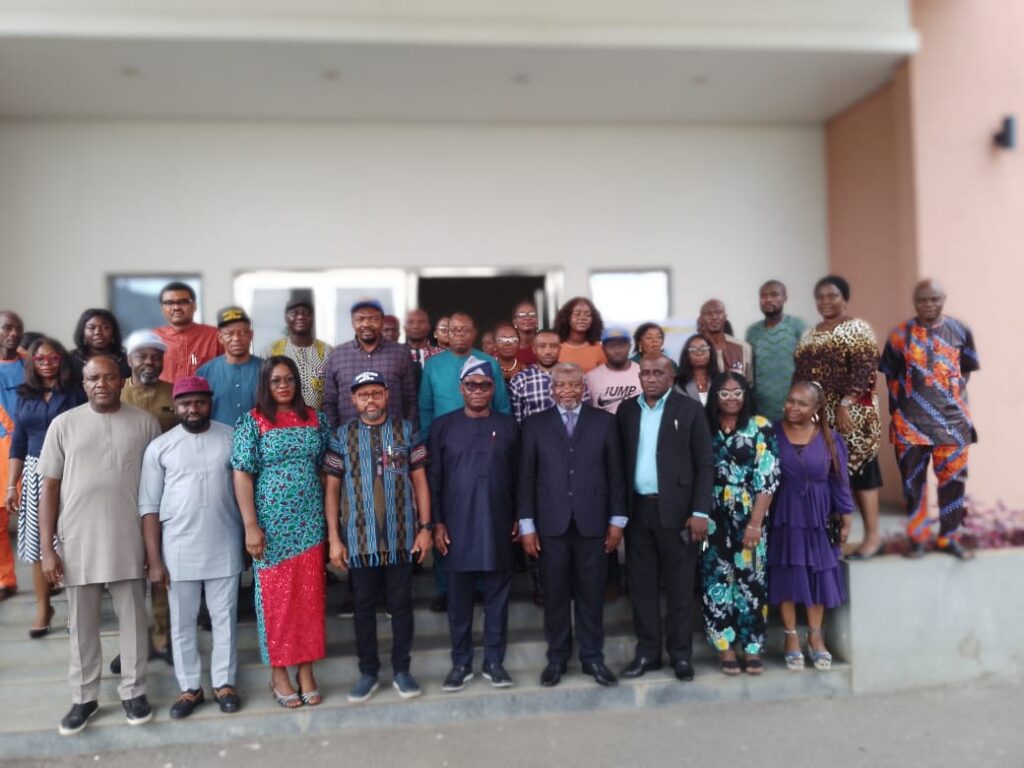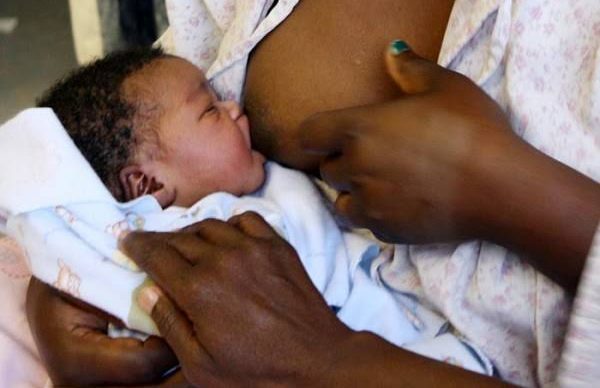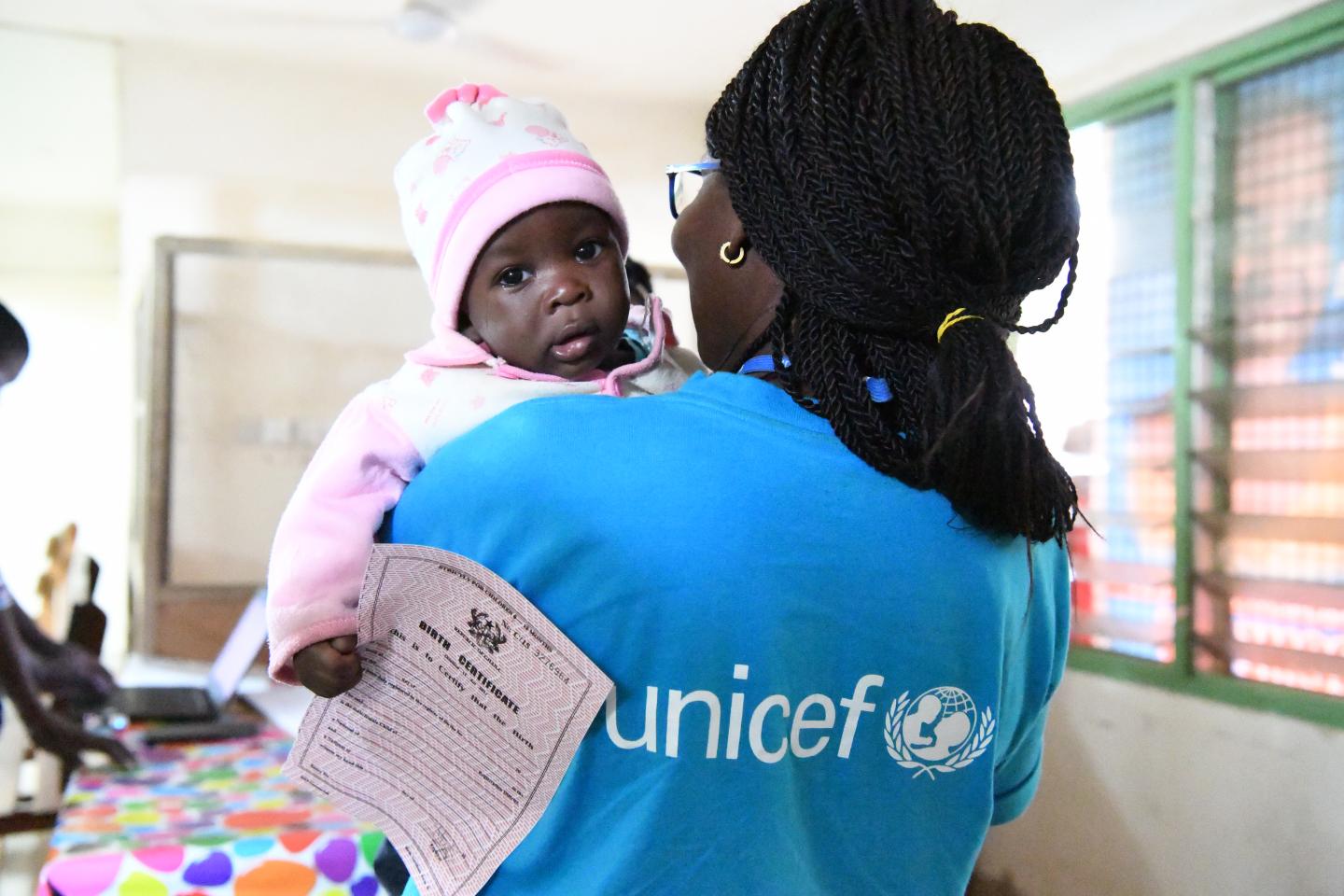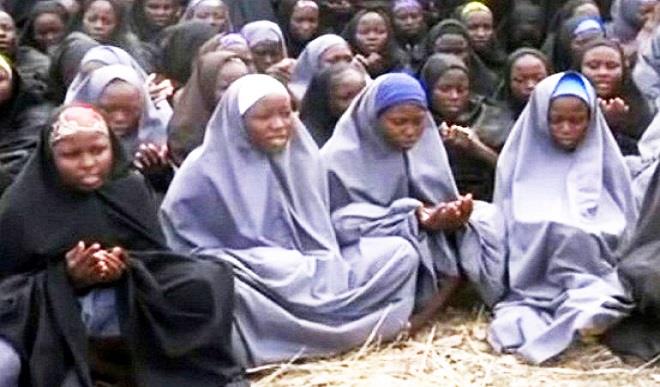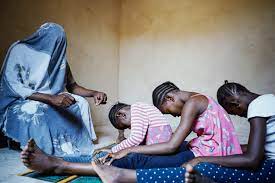The Tony Elumelu Foundation, UNICEF’s Generation Unlimited (GenU), and IKEA Foundation are thrilled to announce their strategic partnership to launch a pioneering Green Entrepreneurship Programme that is aimed at empowering African youth and tackling the triple planetary crisis of climate change, biodiversity loss, and resource scarcity.
In a world where environmental challenges are becoming increasingly urgent, The Tony Elumelu Foundation, UNICEF’s Generation Unlimited, and IKEA Foundation have joined forces to create a dynamic initiative that will not only make a significant impact on the environment but also provide sustainable job opportunities for the next generation of African entrepreneurs.
Building on successful initiatives like Generation Unlimited’s imaGen Ventures and Yoma solutions, and the Tony Elumelu Foundation’s entrepreneurship programme, the Green Entrepreneurship Programme called BeGreen Africa is designed to provide young African entrepreneurs with the training, mentoring, and funding needed to develop innovative solutions for Africa’s sustainable future. Through a series of workshops, mentorship programmes, and funding opportunities, participants of the Programme will be empowered to create green businesses that address pressing environmental issues.
Key objectives of BeGreen Africa include:
1. Youth Empowerment: Co-created with young green innovators, the Programme aims to empower young African entrepreneurs, giving them the tools and skills necessary to take an active role in solving environmental challenges.
2. Green Jobs Creation: By supporting the development of environmentally conscious businesses, this partnership will help create jobs that contribute positively to the planet.
3. Address the Triple Planetary Crisis: The Programme will directly tackle climate change, biodiversity loss, and resource scarcity by fostering sustainable entrepreneurship.
4. Foster Innovation: The Tony Elumelu Foundation, UNICEF’s Generation Unlimited, and IKEA Foundation believe in the power of innovation to drive positive change. This Programme will encourage young African entrepreneurs to think outside the box and develop groundbreaking solutions.
5. Build a Sustainable Future: Ultimately, BeGreen Africa aims to contribute to building a more sustainable and resilient future for communities and the planet as a whole.
The founding partners of BeGreen Africa will leverage their collective expertise, close relations with government, the private sector and youth networks, and extensive field presence across Africa, particularly in Kenya to: a) develop a green-focused curricula that addresses the gaps and capacity needs of the identified target youth, b) engage expert trainers to deliver the trainings via www.TEFConnect.com, c) facilitate mentor and alumni network connections, and d) provide seed capital funding that will empower the identified entrepreneurs to kickstart, develop, and scale their green businesses.
“We know the critical role that green entrepreneurship and agripreneurship play in driving innovative solutions to environmental issues and are keen to empower our young ones across Africa, starting with Kenya, to deploy innovative solutions to the climate crisis.”, said Tony O. Elumelu, CFR, Founder of the Tony Elumelu Foundation. “This initiative will empower young Africans with the entrepreneurial skills that are needed to accelerate the shift towards toward green economy. Working with great partners, IKEA Foundation and UNICEF Generation Unlimited, we will create new jobs, generate employment, improve livelihoods, help eradicate poverty and address climate issues in Africa. Our collective goal is to see young entrepreneurs in Africa build sustainable businesses for themselves and generate viable green jobs, so that our young ones are not left behind in the inevitable green economy that the world will transitioning to. Climate change is not just a threat to our future, it is also a threat to our present and there is no time to wait for climate action in Africa.”
The BeGreen waste management pilot in Kenya, supported by IKEA Foundation, will train 1,000 youth in the country and economically empower 120 of them, all under the age of 35, with new or existing green businesses. The initiative will leverage learnings and evidence to generate a model of youth entrepreneurship in high-impact green sectors, exploring how young entrepreneurs can contribute to circular economies and scale a sustained green revolution in Africa.
The government of the Netherlands is supporting additional BeGreen pilots in Nigeria, South Africa, Senegal, and Morocco through the GenU Trust Fund, which will focus on green entrepreneurship across multiple sectors, and generate valuable insights in addition to the learnings on waste management from Kenya.
Across the five countries, BeGreen will train at least 1,600 young people in green entrepreneurship and waste management and will provide more than US$ 1 million in seed funding to 225 young entrepreneurs, which will enable them to generate revenue and create at least 8,000 jobs.
“We know that on the one hand, there won’t be enough jobs to go around for a fast-growing population. On the other hand, we have finite resources in the world. So, we need to look at how we can turn waste into value and create viable green jobs that help us stay within our planetary boundaries. To transition to a green and circular economy, we urgently need partnerships and coalitions of the willing, who are ready to experiment and scale, and who aren’t afraid to take risks.” – Per Heggenes, CEO, IKEA Foundation
“Young people in Africa with a spirit of enterprise and innovation are key to powering an agricultural boom. By equipping them with relevant skills and supporting their solutions through mentorship and seed funding, we can empower a generation of agripreneurs who go on to drive sustainable economic growth in the continent and beyond.” – Kevin Frey, CEO, Generation Unlimited.
The multilingual Application Portal is open to young African entrepreneurs on www.TEFConnect.com until September 30, 2023.
About the Tony Elumelu Foundation:
The Tony Elumelu Foundation is the leading philanthropy empowering a new generation of African entrepreneurs, driving poverty eradication, catalysing job creation across all 54 African countries, and increasing women economic empowerment.
Since the launch of the TEF Entrepreneurship Programme in 2015, the Foundation has provided over 1.5 million young Africans with access to training on its digital hub, TEFConnect, and disbursed nearly USD$100 million in direct funding to 18,000 African women and men, who have collectively created over 400,000 direct and indirect jobs.
The Foundation’s mission is rooted in Africapitalism, which positions the private sector, and most importantly entrepreneurs, as the catalyst for the social and economic development of the African continent.
About Generation Unlimited:
Launched by the UN Secretary-General at the 2018 UN General Assembly, and anchored in UNICEF, Generation Unlimited is a leading global Public-Private-Youth Partnership, bringing together global organizations and leaders including Heads of State, CEOs, Heads of UN agencies, and civil society champions with young people to co-create and deliver innovative solutions on a global scale.
Generation Unlimited is on a mission to skill the world’s 1.8 billion young people and connect them to opportunities for employment, entrepreneurship, and social impact.
About IKEA Foundation:
The IKEA Foundation is a strategic philanthropy that focuses its grant making efforts on tackling the two biggest threats to children’s futures: poverty and climate change. It currently grants more than €200 million per year to help improve family incomes and quality of life while protecting the planet from climate change. Since 2009, the IKEA Foundation has granted more than €1.8 billion to create a better future for children and their families.
In 2021 the Board of the IKEA Foundation decided to make an additional €1 billion available over the next five years to accelerate the reduction of Greenhouse Gas emissions. In 2023, IKEA Foundation has already provided more than € 31 Million in emergency funding.
For more information, please contact:
•Joyce Wanja, UNICEF Kenya, +254 721 466267, jwanja@unicef.org
•Augustine Karani, UN Resident Coordinator’s Office, +254 724 169 487, augustine.karani@un.org
•Moyo Awotile, The Tony Elumelu Foundation, +234 809 975 1482, Moyo.awotile@tonyelumelufoundation.org
• Anupama Saikia, Chief Marketing Officer, Generation Unlimited ansaikia@unicef.org
Lotika Mehta, IKEA Foundation, +31 68 24 82 314, lotika.mehta@ikeafoundation.org
Green Entrepreneurship Programme at UNGA 78
The Tony Elumelu Foundation is thrilled to announce the official launch two significant initiatives at the 2023 Tony Elumelu Foundation breakfast roundtable session co-hosted with UNICEF GenU, UNDP, IKEA Foundation, and UBA America, on the sidelines of the 78th UNGA meetings in New York, to scale and highlight the impact of the Tony Elumelu Foundation Entrepreneurship Programme in all 54 African countries.
1. The Tony Elumelu Foundation Impact Report
The Tony Elumelu Foundation, in partnership with independent expert third-party researchers, has launched an Impact Report titled “The Tony Elumelu Foundation Entrepreneurship Programme: A Decade of Impact”, which highlights the significant contribution of the Tony Elumelu Foundation’s flagship $100million Entrepreneurship Programme in advancing Africa’s socio-economic development. Through quantitative data analysis and qualitative testimonials, this Impact Report highlights the critical role of the Tony Elumelu Foundation Entrepreneurship Programme in stimulating local economies across the African continent by driving poverty eradication, catalysing jobs creation in all 54 African countries, and ensuring inclusive economic empowerment. Furthermore, the Impact Report highlights the improved leadership skills and enhanced business sustainability observed amongst beneficiaries of the Tony Elumelu Foundation in relation to non-beneficiaries of the wider African entrepreneurship ecosystem, underscoring our Programme’s holistic influence. This comprehensive Impact Report quantifies the real-world impact, learnings, and tangible outcomes of the Tony Elumelu Foundation Entrepreneurship Programme over the past decade. It also vividly portrays the transformative journey of young African entrepreneurs, and members of their communities, who have been touched by our flagship Entrepreneurship Programme, thus reaffirming the Tony Elumelu Foundation’s indispensable role in fostering innovation and inclusive economic growth across Africa.
Read our Impact Report here.
2.BeGreenAfrica The Tony Elumelu Foundation, UNICEF Generation Unlimited, and IKEA Foundation are thrilled to announce their strategic partnership to launch a pioneering Green Entrepreneurship Programme that is aimed at empowering African youth and tackling the triple planetary crisis of climate change, biodiversity loss, and resource scarcity. In a world where environmental challenges are becoming increasingly urgent, The Tony Elumelu Foundation, UNICEF Generation Unlimited, and IKEA Foundation have joined forces to create a dynamic initiative that will not only make a significant impact on the environment but also provide sustainable job opportunities for the next generation of African entrepreneurs. The Green Entrepreneurship Programme called #BeGreenAfrica is designed to provide young African entrepreneurs with the training, mentoring, and funding needed to develop innovative solutions for Africa’s sustainable future. The multilingual Application Portal is open to young African entrepreneurs on www.TEFConnect.com until September 30, 2023.

